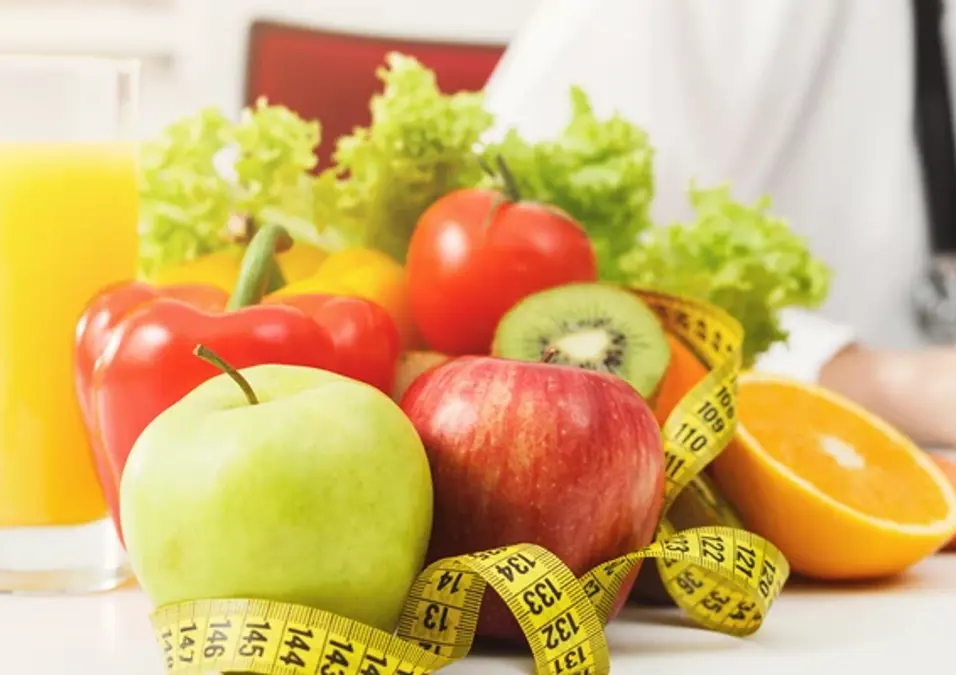Your guide to a perfect Ramadan diet

SIGN UP FOR YOUR FREE DAY PASS TODAY!
The holy month of Ramadan is a challenge for Muslims all over the world. During it, complete abstention from food and drink is required during daylight hours, meaning that only a couple of meals are permissible- pre-dawn and just after sunset, often occurring around 4am and 7pm.
It can be incredibly hard to follow a healthy diet on such an unhealthy dietary protocol as this. The risks are high, the willpower is low, and the body’s ability to take in and process nutrients is severely hampered. Side effects of fasting- especially going without proper hydration- can include nausea, dizziness, sickness, digestive complaints, lethargy, headaches, low blood pressure and intense fatigue.
However, if you’re clever about it, following a Ramadan fast doesn’t have to be quite so ruinous to your health: a Ramadan diet can be as healthy as you make it.
Healthy Ramadan tips
Drink plenty when you can. It is incredibly unhealthy to go for more than a few hours without drinking, and the risks from dehydration far outweigh the risks from under eating. If you need to, buy some powdered electrolytes or isotonic drinks and take them in plenty up until the break of dawn, and with your Iftar food in the evening. Avoid caffeine, as it will only compound the problem.
Though it is assuredly bad for your physical health- or at least not as healthy as following a more conventional eating pattern- there are some mental and lifestyle benefits that can be taken from a Ramadan diet plan. It is a perfect opportunity for self-reflection, and for breaking some of the bad habits that we all fall into from time to time.
To mitigate the damage- and, in fact, to make the most of the health benefits that periodic, intermittent fasting can bring- you will need to perfect what you’re eating. Ditch the sugars and the processed foods and stick instead to whole foods, lean proteins, slow burning carbs and healthy fats. Type and quality is everything, here. Keep your Ramadan diet simple and natural: though you will have fewer calories than normal, everything should be balanced to keep you fit, healthy and active for the month.
Consume food from all major food groups, and make sure your carbs are from slower burning sources like oats, brown rice and pulses.
The major food groups are:
- Fruits & vegetables
- Carbs such as whole grains (oats, brown rice, bulgur, quinoa) potatoes and pulses (beans , lentils)
- Protein such as meat fish chicken and eggs
- Healthy fats such as nuts olives and avocados
- Dairy products such as milk and cheese
Nutrient timing is also important, and you will want to place different emphasises on the foods included in your suhoor and iftar.
For suhoor, go for those longer lasting, complex carbs, mixed with high fibre ingredients and good quality protein like lean meat or fish. This will keep you energised for longer and will give you a feeling of satiation throughout the day. Drink plenty and go for fruit juices and isotonic drinks instead of teas and coffees that will act as diuretics.
For iftar, keep it traditional and break your fast with dates and water. This will help to boost your electrolyte and sugar levels, whilst rehydrating you and giving you a refreshing treat at the end of a long day. Dates are easy to digest, lead to direct satiation, keep your bowel movements regular and prepare your stomach for a more substantial meal. After the dates, go with high protein and fatty foods to give your body everything it needs to repair and heal overnight.
GET YOUR FREE TRIAL TODAY














































































